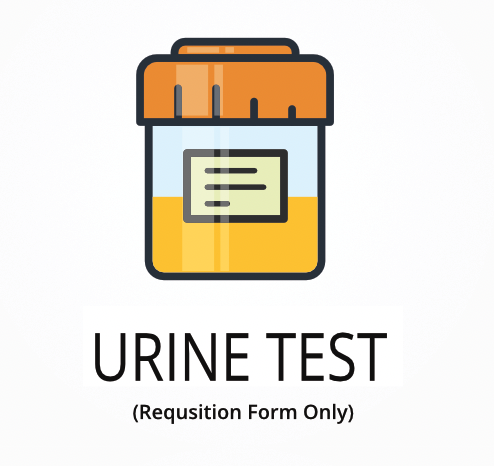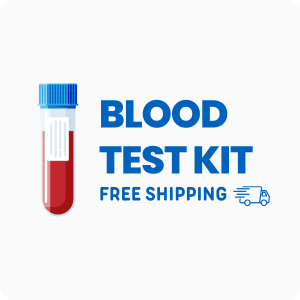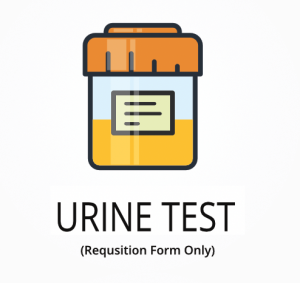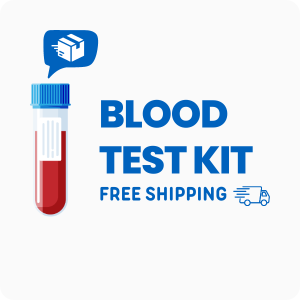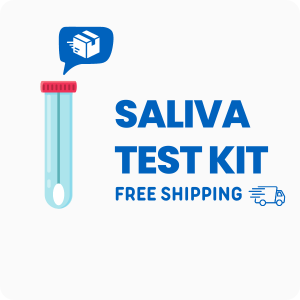Ordering the Hyperoxaluria Urine Test
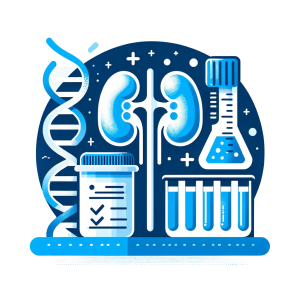
The Hyperoxaluria Urine Test measures oxalate levels in urine, which can help identify risks for kidney stones and other kidney-related issues. This test is often used to check for both primary and secondary hyperoxaluria, and it can also help guide changes in diet and daily habits for those with high oxalate levels. Interestingly, high oxalate can sometimes be linked to certain gut health problems, not just kidney stones.
Ordering this test can help you:
- Find out if high oxalate is causing kidney stone symptoms
- Check for rare genetic conditions like primary hyperoxaluria
- Monitor the effects of dietary changes or supplements on oxalate levels
- Support your doctor or nutritionist in making specific treatment plans
- Track kidney function over time with related markers
Who Should Consider Oxalate and Kidney Stone Risk Testing
People who have had more than one kidney stone, or who feel pain in their lower back and notice changes in their urine, may benefit from this test. For example, someone who has tried different diets to avoid kidney stones but still feels discomfort and fatigue might want to check their oxalate levels to see if something else is going on.
Ordering this test may also be helpful if you:
- Have a family member with a history of kidney stones or hyperoxaluria
- Experience frequent urinary tract discomfort or see crystals in your urine
- Work with a dietitian or nutritionist to manage calcium or vitamin C intake
- Have digestive issues that affect how your body absorbs nutrients
- Notice swelling or cramps after eating foods high in oxalate, such as spinach or nuts
Testing for oxalate levels can help you and your doctor find out if your symptoms are related to kidney stone risk, metabolic issues, or problems with how your body handles certain foods. Waiting to order this test could mean missing the chance to make simple changes that may lower your risk of future kidney stones or kidney problems.
How to Prepare for Urinary Oxalate Analysis
Fasting is not required for this urine test, but you may be asked to avoid certain foods or supplements before collecting your sample. Always follow any instructions your doctor or healthcare provider gives you to make sure your sample is collected the right way and your results are as helpful as possible.
Labs Included When Ordering Your Hyperoxaluria Urine Test
| Test Name | Reference Range | Significance | Low and High Levels of Hyperoxaluria Urine Test |
|---|---|---|---|
| 2,4-Dihydroxyglutarate, Urine | 0–5 | This marker helps detect metabolic problems that can affect oxalate production. It is useful for finding rare inherited conditions linked to kidney stones. |
High levels mean there may be a metabolic disorder increasing oxalate or related compounds.
Low levels mean normal metabolism of related compounds. |
| Glycolate, Urine | 0–10 | Glycolate is checked to help diagnose primary hyperoxaluria type 1, a genetic cause of high oxalate and kidney stones. |
High levels mean possible primary hyperoxaluria or a problem with glyoxylate metabolism.
Low levels mean normal glycolate processing. |
| L-Glycerate, Urine | 0–5 | L-Glycerate is used to check for primary hyperoxaluria type 2, which can also lead to kidney stones and kidney damage. |
High levels mean possible primary hyperoxaluria type 2 or a related metabolic issue.
Low levels mean normal glycerate metabolism. |
| Creatinine, Random Urine | 20–275 | Creatinine is measured to check kidney function and to make sure other urine test results are accurate. |
High levels mean possible kidney problems or dehydration.
Low levels mean possible muscle loss or overhydration. |
Reference ranges may change slightly as labs update their methods and guidelines. Always check your report for the most current ranges.
Hyperoxaluria Urine Test FAQ
Is there Hyperoxaluria Urine Test testing near me?
This is a test kit that you can collect at home and drop off at a local draw site; check the draw location link at the top of the page. For those who experience recurring kidney stones or discomfort, having a nearby collection site makes it easier to get tested quickly and start finding answers.
How do I interpret the test results?
While your treating physician should review your results, you can also use our one-on-one test results review service with our clinical team for a detailed explanation and next steps.
What is the cost of the test?
The price you see includes standard shipping to you and back to the lab, but draw fees may apply. Ordering this test can help you address kidney stone symptoms sooner and may help you avoid more complicated treatments later.
How often should I retest?
Retesting is usually recommended every 6 to 12 months, especially if you are making changes to your diet or treatment plan. Regular testing helps track your progress and lets you and your doctor adjust your plan if needed.
How accurate is the test?
This test uses advanced liquid chromatography-tandem mass spectrometry (LC-MS/MS) for precise measurement of oxalate and related markers, with a specificity of 98% and sensitivity of 97%. TrueHealthLabs.com partners with CLIA-certified and CAP-certified laboratories to uphold rigorous testing standards for dependable results.
Important Notes
None.
Medical Review Board
Reviewed by Jeff Donohue M.D. from Body Logic and Brady Hurst DC, CCCN. Written by True Health Lab’s team of editorial health contributors.
Disclaimer: This information is for educational purposes only and not intended as medical advice. Consult your healthcare provider for personalized guidance.
Why Customers Trust True Health Labs - What People are saying
Also rated 4.6 out of 5 based on 3452 ShopperApproved reviews- See all TrueHealthLabs.com reviews.


